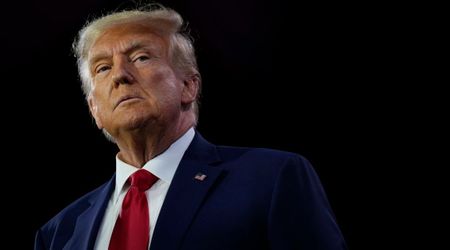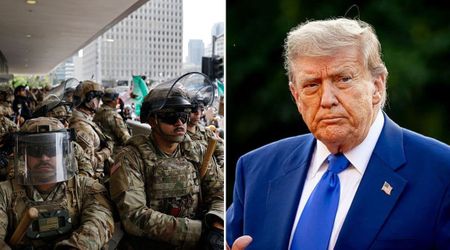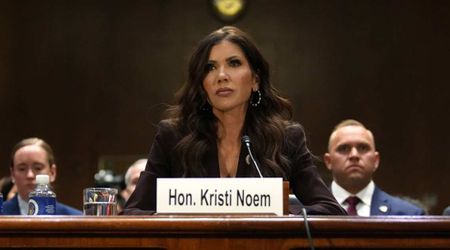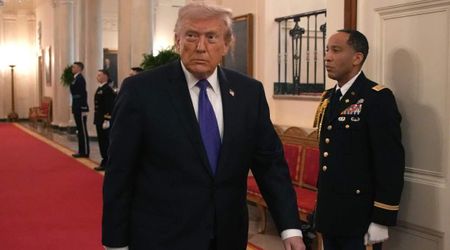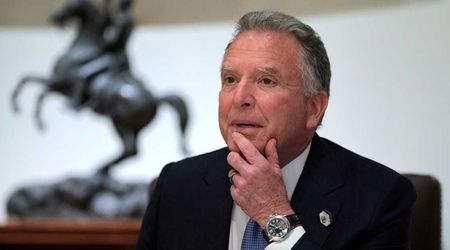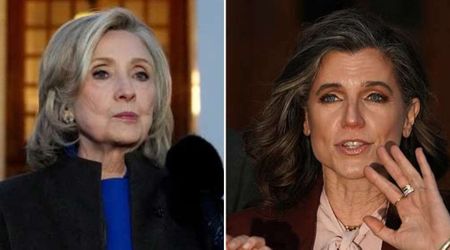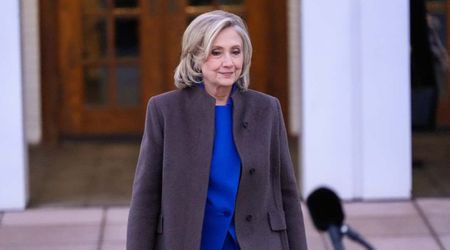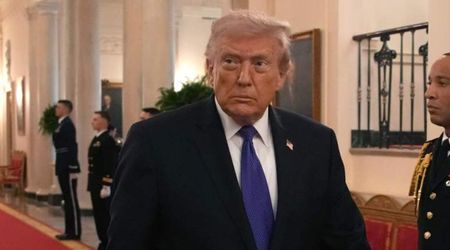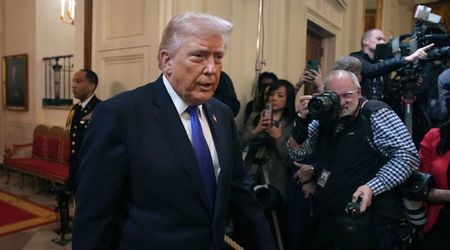6 Presidents and VPs who didn’t get along as Mike Pence refuses to endorse Donald Trump
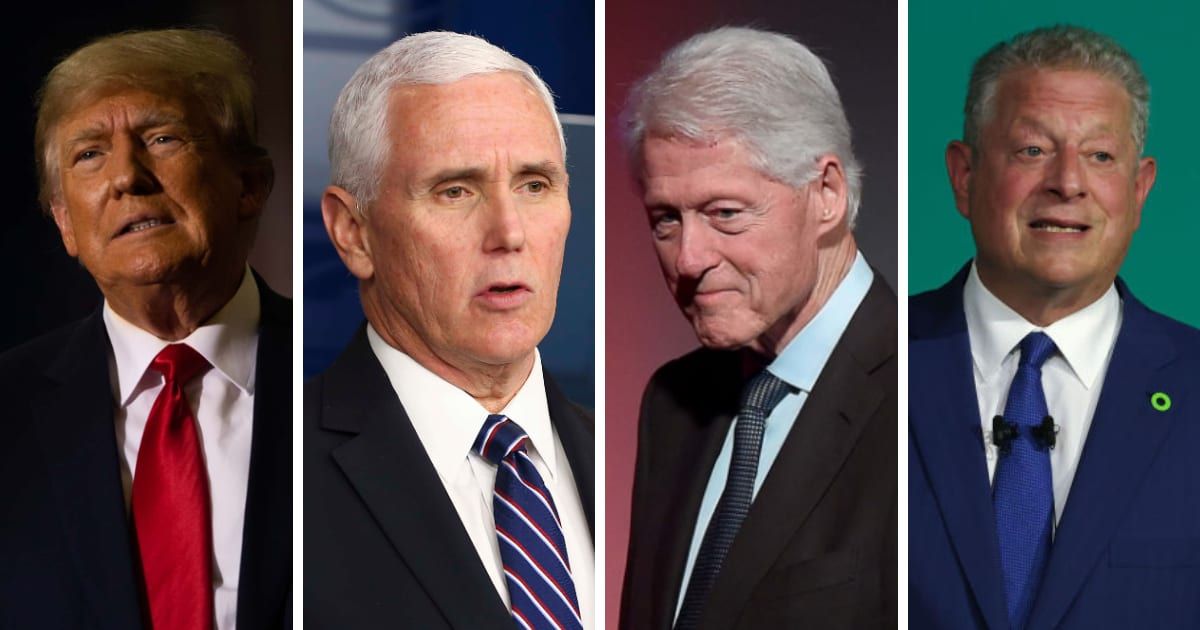
Mike Pence refuses to endorse Trump: Here are six other presidents and VPs who didn't get along

John Adams, the first vice president of the United States, famously said that the vice presidency "is "the most significant office that ever the invention of man contrived or his imagination conceived." Nevertheless, a close bond between some of the incumbents was broken during their time in office. Mike Pence and former President Donald Trump are the most recent examples. Less than a week after Trump confirmed his GOP nomination for reelection with Joe Biden in November, Pence declared that he "cannot in good conscience" support the former president. Here are six presidents and vice presidents, including Trump and Pence, who have not always seen eye to eye.
1. Franklin D Roosevelt and John Nance Garner

John Nance Garner served as vice president under Franklin D Roosevelt for two terms from 1933 to 1945. Their relationship turned sour during the second term when Garner's conservative views clashed with Roosevelt's liberal New Deal legislation, which included financial reforms, social security, and labor rights, according to the University of Virginia's Miller Center. Garner ran against Roosevelt's third-term bid. However, he lost, and Roosevelt chose Henry A Wallace as his running mate at the Democratic National Convention.
2. Dwight Eisenhower and Richard Nixon

Richard Nixon served as Dwight Eisenhower's vice president from 1953 to 1961. Author Jeffrey Frank, in a 2013 interview with US News & World Report, revealed that despite publicly supporting Eisenhower, Nixon had disagreements with him on various fronts. For instance, Nixon backed sending US troops to facilitate South Vietnam's decolonization and the Supreme Court's 1954 decision to desegregate, which Eisenhower opposed. The rift became so deep in 1960 when Eisenhower was asked to name a significant contribution his VP made to the administration and answered, "Well, if you give me a week I might think of one." Both reunited in 1968 during Eisenhower's grandson's marriage.
3. John F Kennedy and Lyndon B Johnson

Lyndon B Johnson was vice president during John F Kennedy's term for nearly three years, from 1961 to 1963, until the latter's assassination. The former first lady and JFK's wife, Jacqueline Kennedy, revealed the contentious relationship between the president and vice president. In a series of interviews from 1964, Jacqueline recalled a conversation she had with her husband about Johnson. He would say, "Oh, God, can you ever imagine what would happen to the country if Lyndon was president?" and "You could never get an opinion out of Lyndon at any cabinet or national security meeting." She also added JFK was "worried for the country" if Johnson became president. However, he took over as president in 1963 after JFK's assassination in 1963.
4. Richard Nixon and Spiro Agnew

Spiro Agnew was vice president during Richard Nixon's term from 1969 to 1973. Though the ex-president wanted to choose someone else for his 1972 re-election bid, he continued with Agnew due to his popularity among conservatives. A book titled 'A Companion to Richard M Nixon', described Agnew's position under Nixon's presidency as "nonexistent." Their relationship turned more estranged when the ex-VP resigned in 1973 after pleading no contest to a felony charge in federal tax evasion. Both were not on speaking terms after that. However, Agnew attended the former president's funeral in 1994.
5. Bill Clinton and Al Gore

Bill Clinton and Al Gore were the president and vice president from 1993 to 2001. Their relationship reportedly became distant due to Hillary Clinton's influence over her husband's policy decisions. In 1999, Gore publicly expressed his anger towards the president about his affair with White House intern Monica Lewinsky. The VP called his behavior "inexcusable," adding, "particularly as a father, I felt that it was terribly wrong." Their relationship became more estranged after Gore lost in the 2000 presidential election bid. However, both had made joint appearances in recent years, indicating a more friendly relationship.
6. Donald Trump and Mike Pence

Former VP Mike Pence supported ex-president Donald Trump throughout his term. However, after the January 6 Capitol riots both had a fallout. The former president falsely claimed that the ex-VP had the power to overturn the election. During the riot, some of his supporters chanted 'Hang Mike Pence' when he refused to do so. According to Pence's 2022 memoir 'So Help Me God,' their association "broke down" after he completed the certification declaring Biden's victory. After announcing his 2024 presidential run, he took a swipe at the ex-president, stating, "Anyone that puts themselves over the Constitution should never be president of the United States. And anyone who asked someone else to put them over the Constitution should never be president of the United States again." He did not endorse Trump after suspending the campaign in October 2023.

